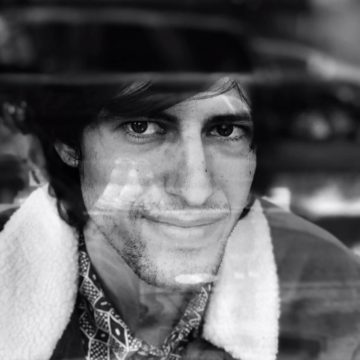Sam Kahn at 3:AM Magazine:
 The presumption is that art must shock—that the violation of taboo is what gives art its charge; and that, actually, shock and the overturning of societal norms is art’s highest purpose.
The presumption is that art must shock—that the violation of taboo is what gives art its charge; and that, actually, shock and the overturning of societal norms is art’s highest purpose.
Art-as-subversion runs very deep, of course. If in Greco-Roman art it’s sometimes hard to catch the subversive notes, art was considered insidious enough that Plato, within a chapter of designing his ideal state in The Republic, was discarding whole poetic genres and musical scales for being too politically dangerous. But somewhere in the 19th century the notion develops that a work of art can be most effective when it’s ugly, when it deeply mirrors certain social realities and presents them in such a way that the audience is spurred to immediate action. Napoleon praised The Marriage of Figaro for instigating the French Revolution and Lincoln credited Harriet Beecher Stowe with the Civil War.
More here.
